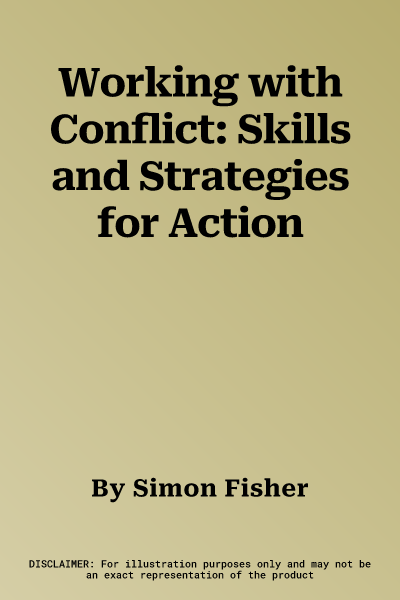This source book is for people working in areas affected by conflict and
violence. Easy to use, well laid out, and including helpful visual
materials, it provides a range of practical tools - processes, ideas,
techniques -- for tackling conflict. These tools have been developed
over a number of years by the organization, Responding to Conflict
(RTC), in collaboration with practitioners from around the world. It is
divided into 4 Parts:
- Understanding: A guide to understanding conflict, including practical
techniques for conflict analysis and the critical issues that must be
taken into account - power, culture, identity, gender and rights.
- Strategies: How to build effective strategies to address conflict,
including how to influence policy within organizations.
- Action: Intervening in situations of acute conflict; addressing the
consequences; and working on the social fabric which conditions the
emergence of conflict.
- Evaluation: The skills involved in the necessary processes of
evaluation and learning in order to improve future interventions.
The book embodies and reflects the rich diversity of over 300
practitioners from some 70 countries who, in RTC Working with Conflict
courses, have pooled their variegated experience and adapted these
methods to suit a wide range of situations. Examples and cases are drawn
from around the world - including Cambodia, Afghanistan, South Africa,
Kenya, Northern Ireland and Colombia. The book highlights the options
available to individuals and organizations; equips them with a basis on
which they can plan what responses are possible; and strengthens their
capacity to engage in useful interventions. The final chapter provides a
list of key conflict-related and peace-building resources, including
organizations, publications and websites.
For all practitioners who are working in conflict-prone and unstable
parts of the world in the fields of development, relief work, human
rights, community relations, peace and reconciliation, this book should
prove an invaluable support.

